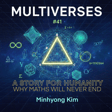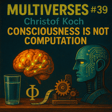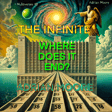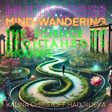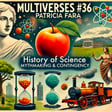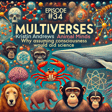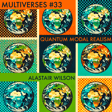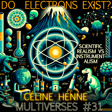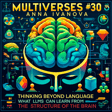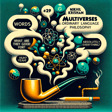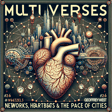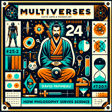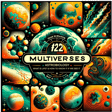
2 | David Wallace — The Emergent Multiverse
We live in a branching universe. If it can happen, it does happen.
These are the almost incredible claims of the Many Worlds Interpretation of quantum mechanics. Yet today’s guest, David Wallace, makes a case that this is the most grounded way of reading our best theory of nature.
While at first sight quantum mechanics seems to say that things (famously, cats!) can occupy impossible states, David argues that a careful reading shows we can take seriously “superpositions” (these apparently weird states) not only at the microscopic level but all the way up to the scale of the universe.
This way of thinking about quantum mechanics was first proposed in 1957 by Hugh Everett, David has made important contributions — particularly in the “preferred basis” or “counting problem” which asks how many worlds are there; and also in understanding how a deterministic theory of the world appears indeterministic — probabilistic — to agents.
David has PhDs in both physics and philosophy from the University of Oxford and currently holds the Mellon Chair in Philosophy of Science at the University of Pittsburgh.
- References and discussion on the Multiverses website
- David Wallace’s research page — https://sites.pitt.edu/~dmw121/
- The Emergent Multiverse — the most comprehensive book so far on the Many Worlds intepretation
- Very Short Introduction to The Philosophy of Physics — does what it says on the tin (very well!)
